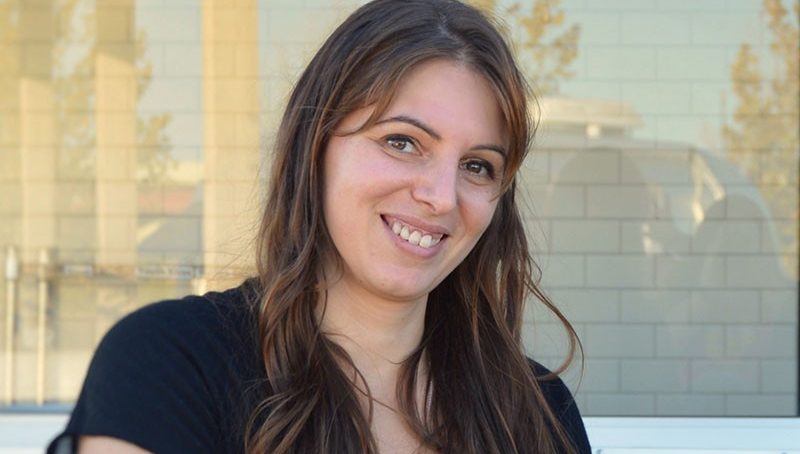
Pro-nuclear energy activists often use Germany as an example of a country that drastically cut its nuclear energy production – in response to safety concerns raised by the Fukushima nuclear disaster in Japan in 2011 – only to end up buying electricity from France.
Although there’s a lot of talk now about what Mélenchon coalition’s success in the parliamentary elections will mean for French nuclear power, you have to remember that he has to fight against entrenched attitudes.
The communist party is also a part of Mélenchon’s left-wing alliance and has been a supporter of nuclear energy, so although the left wing looks united now, there are questions about how long that can last. I still think it’s an uphill struggle for Mélenchon and those who want to reduce France’s reliance on nuclear energy.
My opinions on nuclear technology and nuclear power have changed drastically over the decades. I used to be an anti-nuclear leader. I went to all the demonstrations and protests, but things shifted for me in 1988 with the creation of the Intergovernmental Panel on Climate Change (IPCC).
Its reports made it clear that the biggest and most important environmental challenge was climate change and not necessarily the management of nuclear waste.
Ever since then, I’ve been firm in my opinions that nuclear energy has serious benefits. I wouldn’t say I’m pro-nuclear as such, but I can’t deny that nuclear energy does take care of most environmental concerns in terms of greenhouse-gas pollution. The urgency of climate change makes me see the advantages of nuclear energy.
Germany became the beacon of the environmental movement in getting rid of its nuclear capacity, which is stupid because it produces more greenhouse gas as a result. Renewables were the motto, and it succeeded in making France feel a little ashamed of its nuclear success. This is the context of Macron’s previous lukewarm feelings towards nuclear.
His opinions have now changed, but the problem with him is that he often changes his mind back and forth. He doesn’t always stay the course. I changed my mind once and then stuck to it, but it doesn’t feel impossible that he could change his mind yet again. At the moment, he’s in favour of nuclear energy.
When I look at the current political make-up of the French parliament, I would agree that the path to stopping or reducing nuclear power is a tough one because there’s still a majority in favour of nuclear, despite a strong opposition. All of that notwithstanding, I would always be anxious about politics — things can change quickly.
In a 2021 study, my colleagues and I explored the relationship between climate-change concern and the public’s perceptions of nuclear energy. We analysed the responses of 4,048 survey participants in France, Germany, Norway and the United Kingdom.
Our findings seem to suggest that the climate-change argument for nuclear isn’t necessarily cutting through. We found that people who were most concerned about climate change were more likely to have negative opinions about nuclear energy, and that held true across all four countries. I don’t think there’s anything specific about the French public’s opinions.
This relationship between climate concern and anti-nuclear sentiment remained even when we controlled for political persuasion, gender, age and education. Nuclear energy is often seen as a necessary evil to combat climate change, but it’s rarely enthusiastically embraced.
Those looking for a way to argue for nuclear investments might want to think about alternative framings, such as energy security, becoming independent of Russian gas and achieving a cheaper cost of living.
- A Nature report











